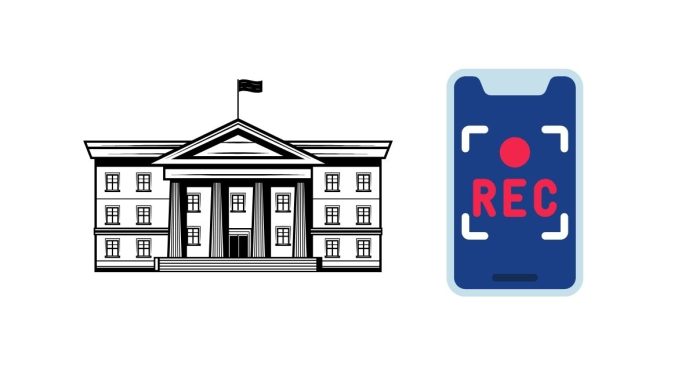What Are the Examples of Government Records on Mobile?
In today’s digital age, accessing government records has become more convenient than ever, thanks to mobile technology. Many governments have developed apps and platforms that allow citizens to access important records and services directly from their smartphones. Here are some notable examples of government records you can access on mobile devices:
1. Digital IDs and Licenses
Governments in many regions now offer digital versions of official identification documents. These include:
- Driver’s licenses
- National ID cards
- Passports (in some cases)
These digital IDs are often accessible via secure mobile apps, providing a convenient alternative to carrying physical documents.
2. Tax Records
Managing taxes has never been easier. Mobile platforms and apps allow users to:
- File tax returns
- Check tax refund statuses
- Access property tax details
Taxation departments often provide secure portals for citizens to interact with their financial records on the go.
3. Health Records
Public health records are increasingly available on mobile devices, including:
- COVID-19 vaccination certificates
- Immunization records
- Health insurance details
Such records are typically accessed via health department apps or government-provided portals.
4. Voting Information
Many governments offer mobile tools to make the voting process more transparent and accessible. These include:
- Voter registration details
- Polling station locations
- Notifications about elections and results
In some regions, e-voting systems are even supported through mobile apps.
5. Permit Applications
Citizens can now apply for and track permits via mobile devices, such as:
- Business licenses
- Building permits
- Event permissions
This streamlines administrative processes and reduces the need for in-person visits.
6. Social Services Records
Mobile apps provide access to vital social services information, including:
- Unemployment benefits
- Social security records
- Welfare assistance details
These services ensure that individuals can manage their benefits efficiently.
7. Public Safety Alerts
Governments use mobile technology to disseminate critical public safety information, such as:
- Emergency alerts (e.g., weather warnings, natural disasters)
- Crime reports
- Amber alerts for missing persons
Such notifications keep citizens informed and prepared during emergencies.
8. Census Participation
Census data collection has gone digital, with citizens able to:
- Submit census forms online
- Participate in surveys
- Update demographic information
Mobile-friendly platforms make it easier for people to contribute to national data collection efforts.
The availability of government records on mobile devices has revolutionized how citizens interact with public services. From health and taxation to safety alerts and social services, mobile access empowers people to stay informed and manage their records conveniently. As technology continues to evolve, we can expect even more government services to become mobile-friendly.


